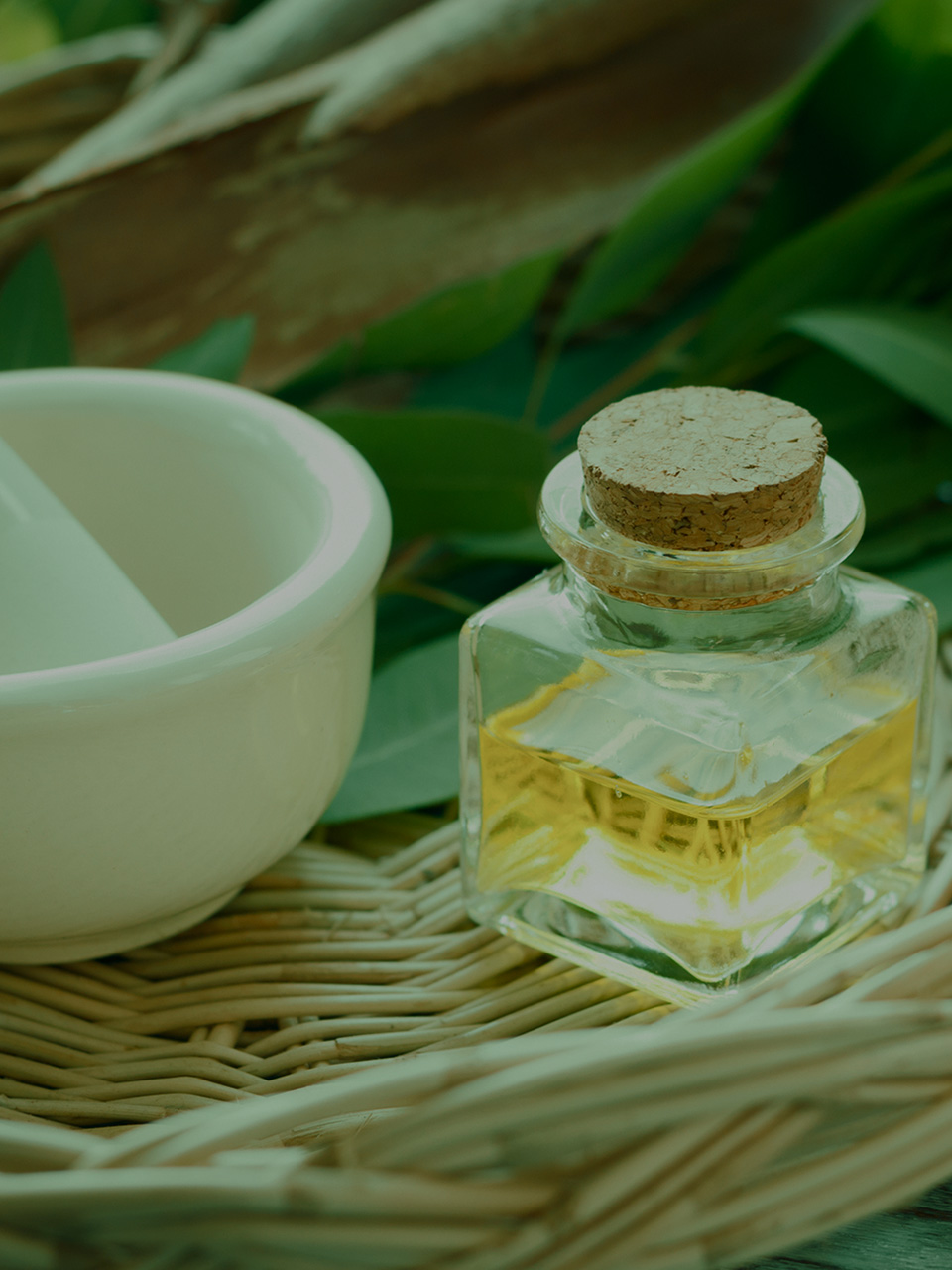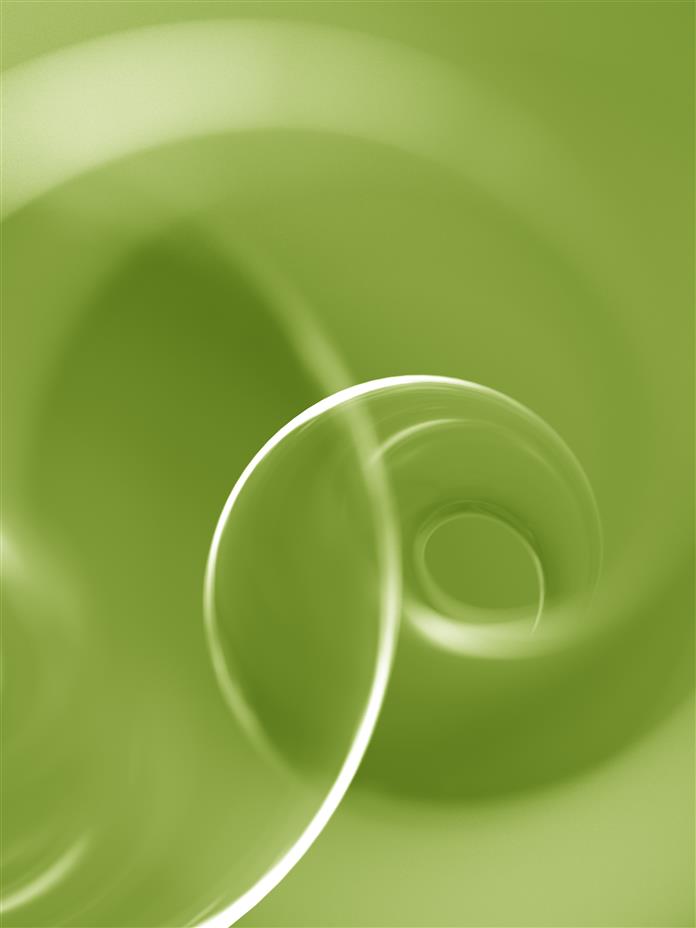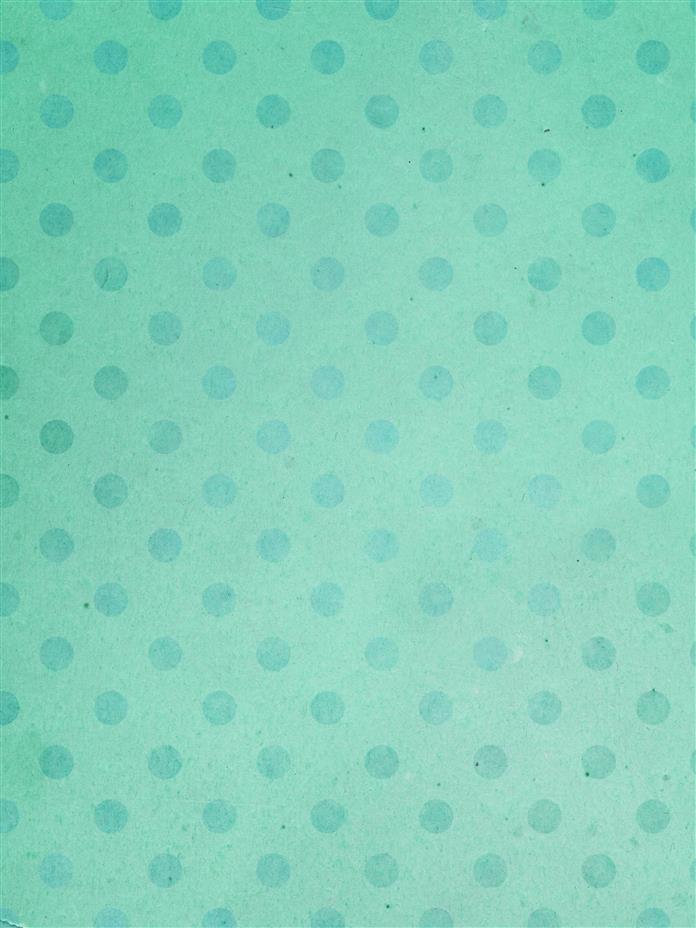Medically referred to as rhinitis, runny nose is commonly caused by infections such as common cold or flu. This Story provides a few tried-and-tested remedies for runny nose.

Tap to Read ➤
Runny Nose Remedies
Girija Shinde


Medically referred to as rhinitis, runny nose is commonly caused by infections such as common cold or flu. This Story provides a few tried-and-tested remedies for runny nose.

The term rhinorrhea is derived from the Greek words rhinos and rhoia. Rhinos means 'of the nose' and rhoia means 'flowing'. Commonly referred to as runny nose, rhinorrhea is said to occur when due to accumulation of excess mucus in the nasal cavity, and is characterized by clear, thin nasal discharge.

The excess nasal discharge could be attributed to the inflammation of tissues lining the nose. The inflammation of the mucous membranes lining the nose is referred to as rhinitis. Postnasal drip is also associated with excess mucus.

However, it is said to occur when the excess mucus runs down the back of the throat. Runny nose is certainly a very annoying condition. The following sections provide information on the contributing factors and remedies for runny nose.

Causes

Common Cold
Common cold is a viral infection that affects the nose, throat, sinuses, or the upper airways. It can be caused by a large number of viruses. Rhinoviruses are amongst the causal organisms for common cold. It can cause symptoms such as runny nose, cough, sore throat, fever, body ache, watery eyes, etc. It can also lead to nasal congestion.

Allergic Rhinitis
Runny nose, watery eyes, sneezing, itchy eyes, nose, or throat, etc., are some of the common symptoms of allergic rhinitis. This condition occurs when an individual inhales something that he/she might be allergic to. An allergen is a substance that the immune system considers to be a foreign invader or threat to the body. Pollen, dust, mold, animal dander, etc., are some of the common allergens.

Sinus Infection
Sinuses are air-filled spaces or cavities that are present in the bones within the skull. The sinuses open up into nasal cavity. One of the vital functions of sinuses is to produce mucus that moistens and warms the inhaled air. The mucus that is naturally produced by the sinuses drains into the nose through small channels.

When the tissues lining the sinuses become swollen due to a respiratory tract infection, allergy, or irritation of the sinuses, it can cause the blockage of ostia or the openings that allow fluid from the sinus to drain. This could give rise to symptoms such as pain, sinus pressure, runny nose, or nasal congestion.

Vasomotor Rhinitis
Changes in the temperature and humidity can lead to vasomotor rhinitis, which is a type of non-allergic rhinitis. It is characterized by symptoms such as runny nose, nasal congestion, sneezing, etc. This condition is not caused by an allergy or an infection. It could be caused by anything that irritates the nose.

Remedies and Self-care Measures for Runny Nose

Measures given below can be taken to alleviate the symptoms of rhinitis.
➞ Inhalation of steam can help provide relief. One can also add a few drops of eucalyptus oil of the bowl of hot water before inhaling steam. Make sure that the water is not scalding hot.
➞ Inhalation of steam can help provide relief. One can also add a few drops of eucalyptus oil of the bowl of hot water before inhaling steam. Make sure that the water is not scalding hot.

➞ Make a solution by putting a tablespoon of salt in approximately 240 ml of water. Put a few drops of this solution in your nose. Thereafter, blow your nose gently.

➞ You can also use nasal decongestants. However, refrain from using them every now and then, as these can be quite addictive.

➞ Increase your intake of fluids. Water and other fluids, like soup or herbal tea, will help keep the body hydrated. Refrain from drinking cold water at this time. It is advisable to drink lukewarm water. You can also add a pinch of turmeric to warm milk.

➞ Using a humidifier is also an effective way to prevent the nose from becoming too dry.

➞ Avoidance of allergens is the best way to prevent allergic rhinitis.

➞ With swine flu around, it's advisable to take precautionary measures. If cold persists for more than four days, and other symptoms are indicative of swine flu, then consult a doctor immediately.

➞ Keep yourself warm. Do not sit in a room with the air conditioner on for long, when you have a runny nose.

➞ Drinking a cup of hot ginger tea about 2-3 times a day would also help.
➞ Using saline spray can give some relief.
➞ Using saline spray can give some relief.

If you have a runny nose, do try the aforementioned home remedies. These will certainly prove to be beneficial. However, it's advisable to consult a doctor if the symptoms persist.

Disclaimer: The information provided in this Story is solely for educating the reader. It is not intended to be a substitute for the advice of a medical expert.